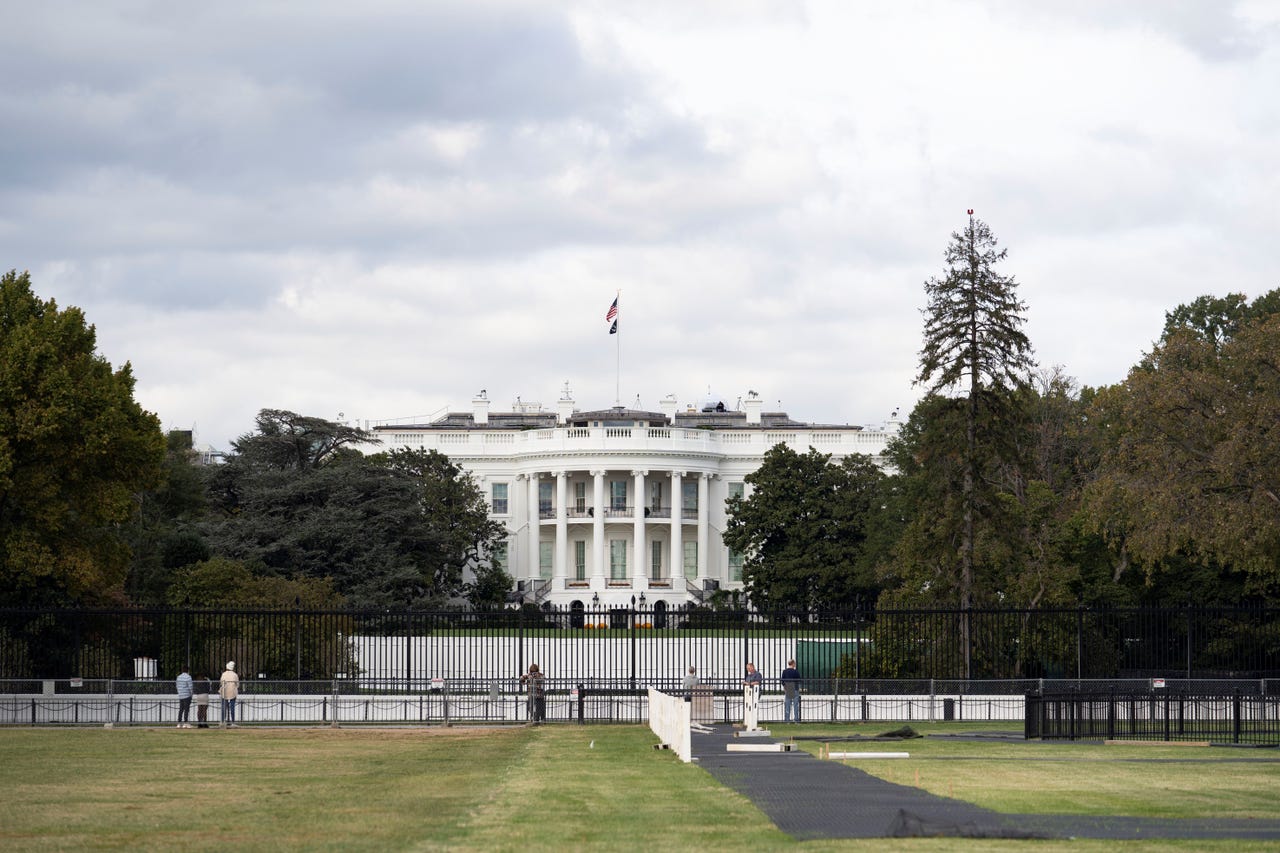































 Image: Getty Images
Image: Getty Images A US Treasury-led working group has called for stablecoin issuers to be regulated as if they were banks after it concluded that the digital asset posed many risks to users despite the potential value it could provide.
Stablecoins are digital assets pegged to national currencies that have primarily been used for facilitating the trading, lending, or borrowing of cryptocurrency so far.
The President's Working Group on Financial Markets said in a report about stablecoins [PDF] that legislative action was "urgently needed" to address the various prudential risks associated with this type of digital asset, ranging from credit risks to liquidity risks to operational risks to risks arising from improper or ineffective system governance.
"When not managed comprehensively, these risks can make payment systems less available and less reliable for users, and they can create financial shocks or operate as a channel through which financial shocks spread," the working group said in the report.
One example of how a financial shock could arise from the use of stablecoins is if users lose confidence in a stablecoin issuer's ability to honour a request to redeem a stablecoin, the working group said.
In expressing these concerns, the working group added that the urgency for regulatory action was also influenced by the potential of stablecoins being adopted rapidly as a means by payment. In the past year alone, the value of stablecoins has exceeded$127 billion as of October 2021, which reflects a nearly 500% increase from the year prior, the working group said.
The working group did note, however, that "stablecoins could support faster, more efficient, and more inclusive payments" if they were appropriately regulated.
Due to these findings, the report contained three main recommendations, with the first being for Congress to regulate stablecoin issuers as insured depository institutions, like a bank or savings association.
The other two recommendations are for new legislation requiring stablecoin wallet providers to be subject to appropriate federal oversight and a new requirement for stablecoin issuers to comply with activities restrictions that limit affiliation with commercial entities.
Last month, Tether was fined$41 million by the US Commodity Futures Trading Commission (CFTC) over not having sufficient monetary reserves, consistently enough, to meet the claim that its eponymous stablecoin was fully backed by US dollars.
The CFTC said over a 26-month period across 2016 to 2018, Tether only had sufficient fiat reserves to back issued tether tokens 27.6% of the time.
"The order also finds that, instead of holding all USDT token reserves in US dollars as represented, Tether relied upon unregulated entities and certain third-parties to hold funds comprising the reserves; comingled reserve funds with Bitfinex's operational and customer funds; and held reserves in non-fiat financial products," the commission said.
 Tags quentes :
Financiar
Tags quentes :
Financiar